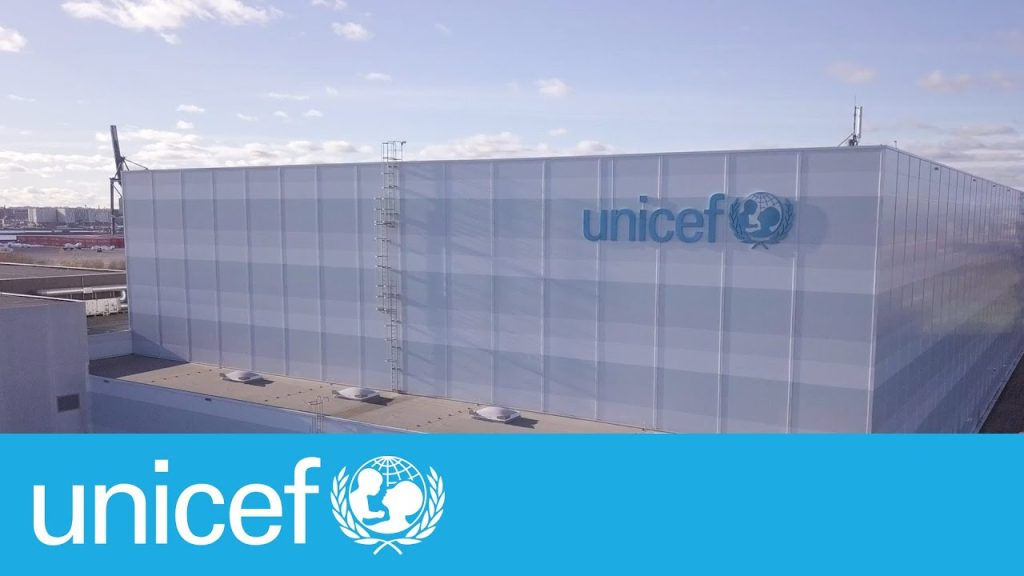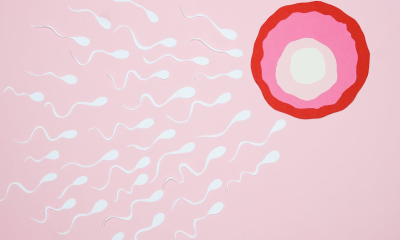Uncategorized
Women Health: 230 million females are circumcised globally, 30 million more than in 2016, UNICEF’s Report
More than 230 million women and girls have gone through female genital mutilation, the greater part of whom live in Africa, as per a report gave on Friday by the Unified Nations children’s organization.

Women Health report by UNICEF:
More than 230 million women and girls have gone through female genital mutilation or circumcised, the greater part of whom live in Africa, as per a report gave on Friday by the Unified Nations children’s organization.
Over the most recent eight years, nearly 30 million individuals have gone through the methodology, in which outer genitalia are to some degree or completely eliminated, UNICEF assessed in the report, which was delivered on Global Women’s Day.
The level of women and girls who experience female genital mutilation is declining, UNICEF said, however it cautioned that endeavors to kill the training are too delayed to even consider staying aware of quickly developing populaces.
“The practice of female genital mutilation is declining, however not fast enough,” the report said.
The practice, mistakenly accepted to control women’s sexuality, can cause serious draining and even death. Girls are exposed to the strategy at ages going from outset to immaturity. Long haul, it can prompt urinary parcel contaminations, feminine issues, torment, diminished sexual fulfillment and labor intricacies, as well as sorrow, low confidence and post-awful pressure problem.
“We’re likewise seeing a stressing pattern that more girls are exposed to the practice at more youthful ages, numerous before their fifth birthday celebration. That further decreases the window to intercede,” said UNICEF Chief Catherine Russell.
Approximately 144 million women and girls have experienced female genital mutilation in Africa alone, trailed by Asia and the Middle East with 80 million and 6 million separately, the report said. Somalia beat the list of countries where the training, otherwise called female circumcision, is pervasive, with the vast majority of the female populace between the ages of 15 and 49 having been circumcised.
Burkina Faso gained the main headway, diminishing the extent of women somewhere in the range of 15 and 49 who were circumcised from 80% to 30% over 30 years.
The report likewise showed that 4 in each 10 survivors live in struggle torn countries with high populace development rates, adding that political unsteadiness disturbs endeavors forestall the training and offer help to casualties.
“Ethiopia, Nigeria and Sudan represent the biggest quantities of girls and women who have gone through female genital mutilation in struggle impacted nations,” the report said.
Albeit the report hailed the progress made in certain countries, it cautioned that the world is missing the mark concerning what might be expected to meet the U.N’s goal of eradicating the practice globally by 2030.
“In some countries, progress would should be multiple times quicker than the best advancement saw in history to arrive at the objective by 2030,” said the report.
Nimco Ali, Chief of the Five Foundation, a UK-based charity that fights female genital mutilation, said the UNICEF estimates were “shocking” and “destroying,” and more financing is desperately expected to end the practice.
“We should utilize the most recent six years of ten years to at long last will grasps with this despicable maltreatment of a girls basic freedoms and save the cutting edge from the revulsions of FGM,” the Somali-born activist, author and female genital mutilation survivor said in a public statement.
FAQ
What is UNICEF?
UNICEF is the United Nations Children’s Fund, working in the world’s toughest places to reach the most disadvantaged children and adolescents – and to protect the rights of every child, everywhere.
One of the world’s largest providers of vaccines, UNICEF supports child health and nutrition, safe water and sanitation, quality education and skill building, HIV prevention and treatment for mothers and babies, and the protection of children and adolescents from violence and exploitation.
UNICEF works in more than 190 countries and territories and in the world’s toughest places to reach the children and young people in greatest need.
What is female genital mutilation (FGM)? or What does circumcised mean for a girls?
Female genital mutilation (FGM) refers to all procedures involving partial or total removal of the female external genitalia or other injury to the female genital organs for non-medical reasons. It is most often carried out on young girls between infancy and age 15. This is also known as khatna, khafz, and khafd.
More than 230 million girls and women alive today have undergone female genital mutilation (FGM) in 30 countries in Africa, the Middle East and Asia where FGM is practiced.

-

 Personal Care8 months ago
Personal Care8 months agoWhy Regular Massages Could Be the Game-Changer Your Body and Mind Crave
-

 Mental Health7 months ago
Mental Health7 months agoHow to Overcome Phobias: 15 Positive Psychology-Based Strategies That Really Work
-

 Lifestyle7 months ago
Lifestyle7 months agoWhen Is It Time To Get a Divorce? Emotional, Mental & Practical Signs to Know
-

 Fitness7 months ago
Fitness7 months ago6 Quick Morning Exercises to Burn Belly Fat All Day
-

 Mental Health7 months ago
Mental Health7 months agoWhat Is A Depression Attack? Symptoms, Causes & How To Cope With One
-

 Lifestyle7 months ago
Lifestyle7 months agoHow to Improve Egg Quality for Fertility: Science, Lifestyle and Expert Tips
-

 Food7 months ago
Food7 months agoHealthy Rice Varieties: Nutrition and Health Benefits
-

 Personal Care7 months ago
Personal Care7 months agoHow to Reparent Your Inner Child: Healing and Self-Compassion
